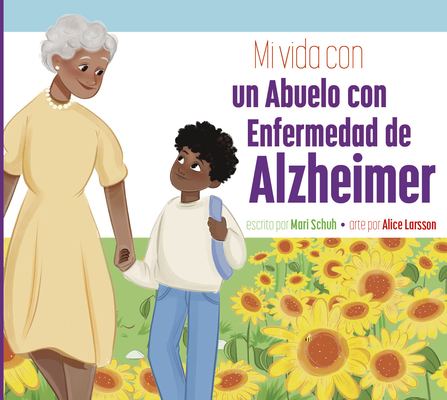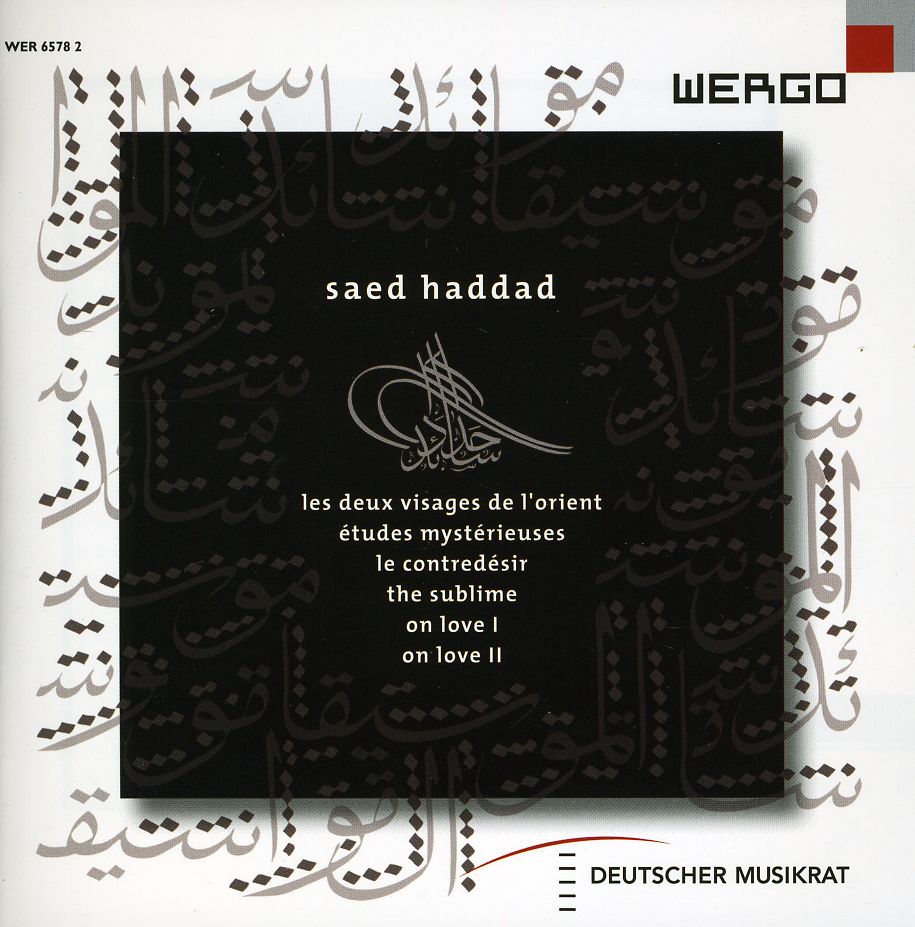
Luna, Zakiya
product information
description
5
Reveals both the promise and the pitfalls associated with a human rights approach to the women of color-focused reproductive rights activism of SisterSong
How did reproductive justice--defined as the right to have children, to not have children, and to parent--become recognized as a human rights issue? In Reproductive Rights as Human Rights, Zakiya Luna highlights the often-forgotten activism of women of color who are largely responsible for creating what we now know as the modern-day reproductive justice movement. Focusing on SisterSong, an intersectional reproductive justice organization, Luna shows how, and why, women of color mobilized around reproductive rights in the domestic arena. She examines their key role in re-framing reproductive rights as human rights, raising this set of issues as a priority in the United States, a country hostile to the concept of human rights at home. An indispensable read, Reproductive Rights as Human Rights provides a much-needed intersectional perspective on the modern-day reproductive justice movement.member goods
No member items were found under this heading.
Return Policy
All sales are final
Shipping
No special shipping considerations available.
Shipping fees determined at checkout.







